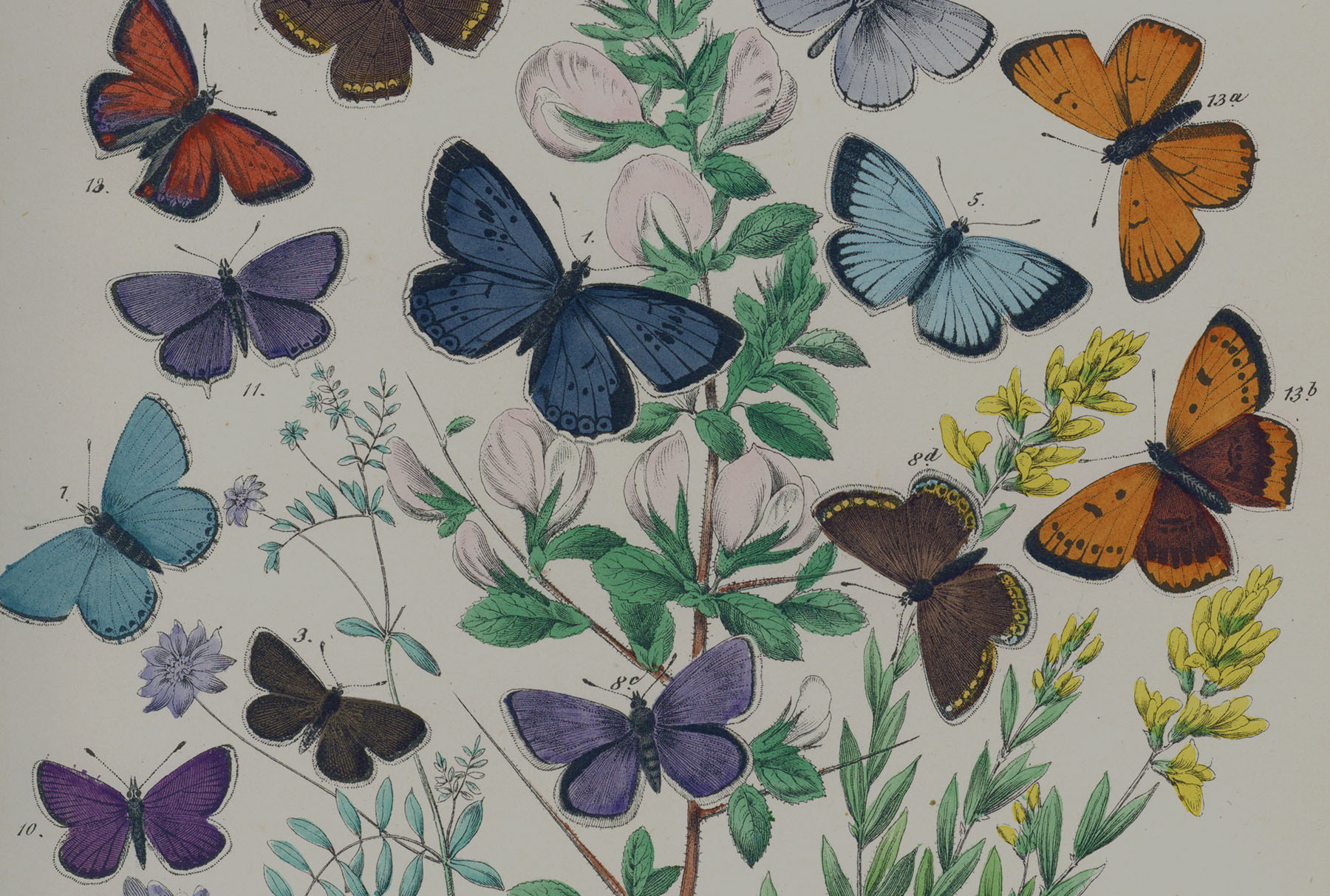Peter Lewis and Margaret Lewis on the Flambard Archive
Collected Voices
Flambard was a North East-based independent press which published a range of poetry and fiction, as well as some non-fiction and visual-art books. It was particularly focused on publishing new and neglected writers in the North of England, as well as promoting live literature.
Flambard Press was established in 1990 by Peter and Margaret Lewis. They began using early word processors and desktop publishing at Newcastle University, before securing funding from Northern Arts. In 2000, they were named a Regularly Funded Organisation of the Arts Council to cater for neglected writers of both poetry and prose, particularly of, but not exclusively from the northern region.
Over 20 years they published 129 titles, including several which were shortlisted for major prizes such as the Booker Prize, the T.S. Eliot Prize, and the Whitbread First Novel Award. Flambard Press supported many writers from the North East and Cumbria, as well as publishing authors from across the UK and overseas.
Flambard Press was supported by the Arts Council England until 2012, and officially closed in March 2013.
Establishing the Makaris Broadsheet
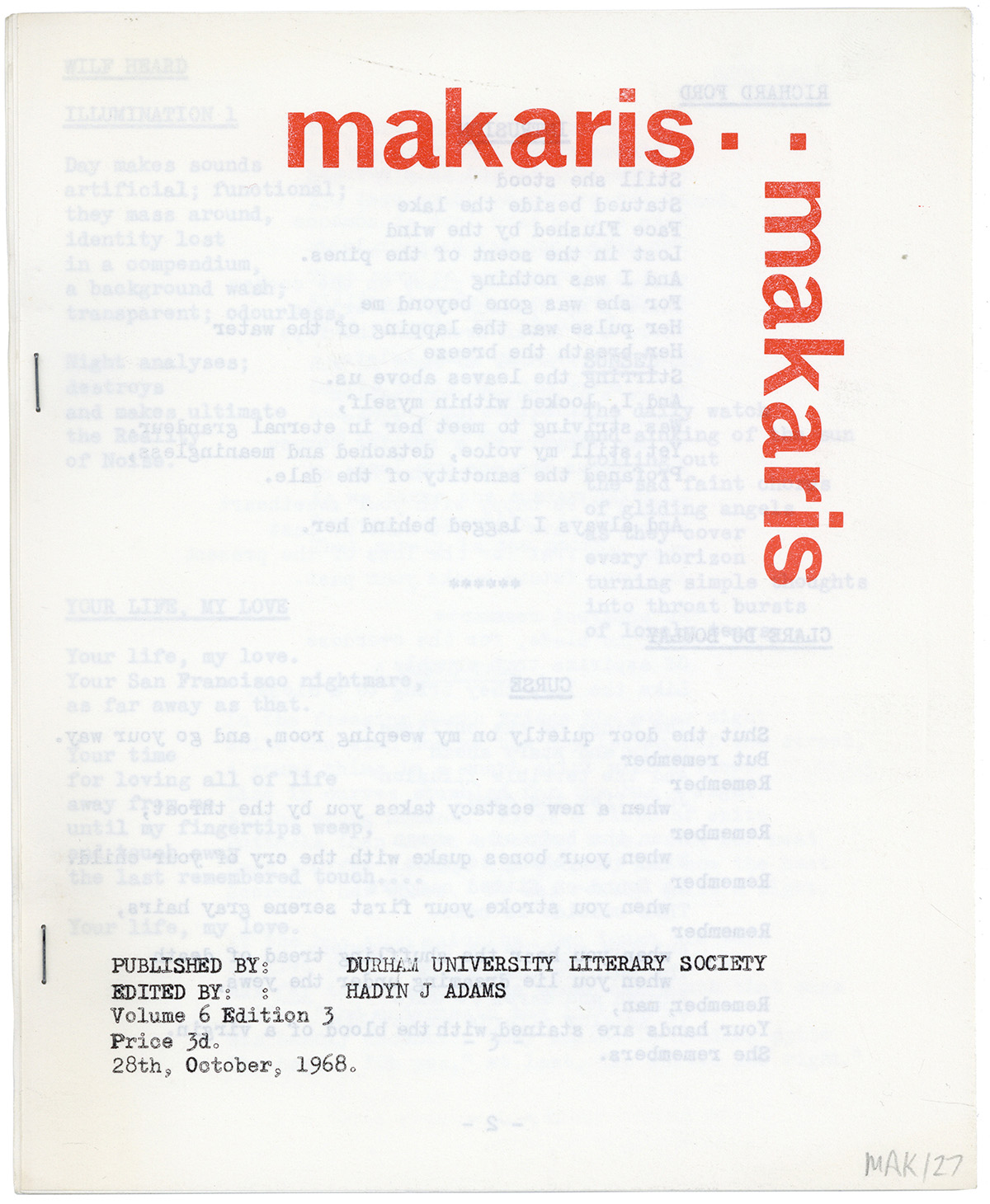
Ted Hughes giving a poetry reading in Durham
The establishment of Morden Tower by Tom Pickard in 1964
Publishing their first poetry pamphlet
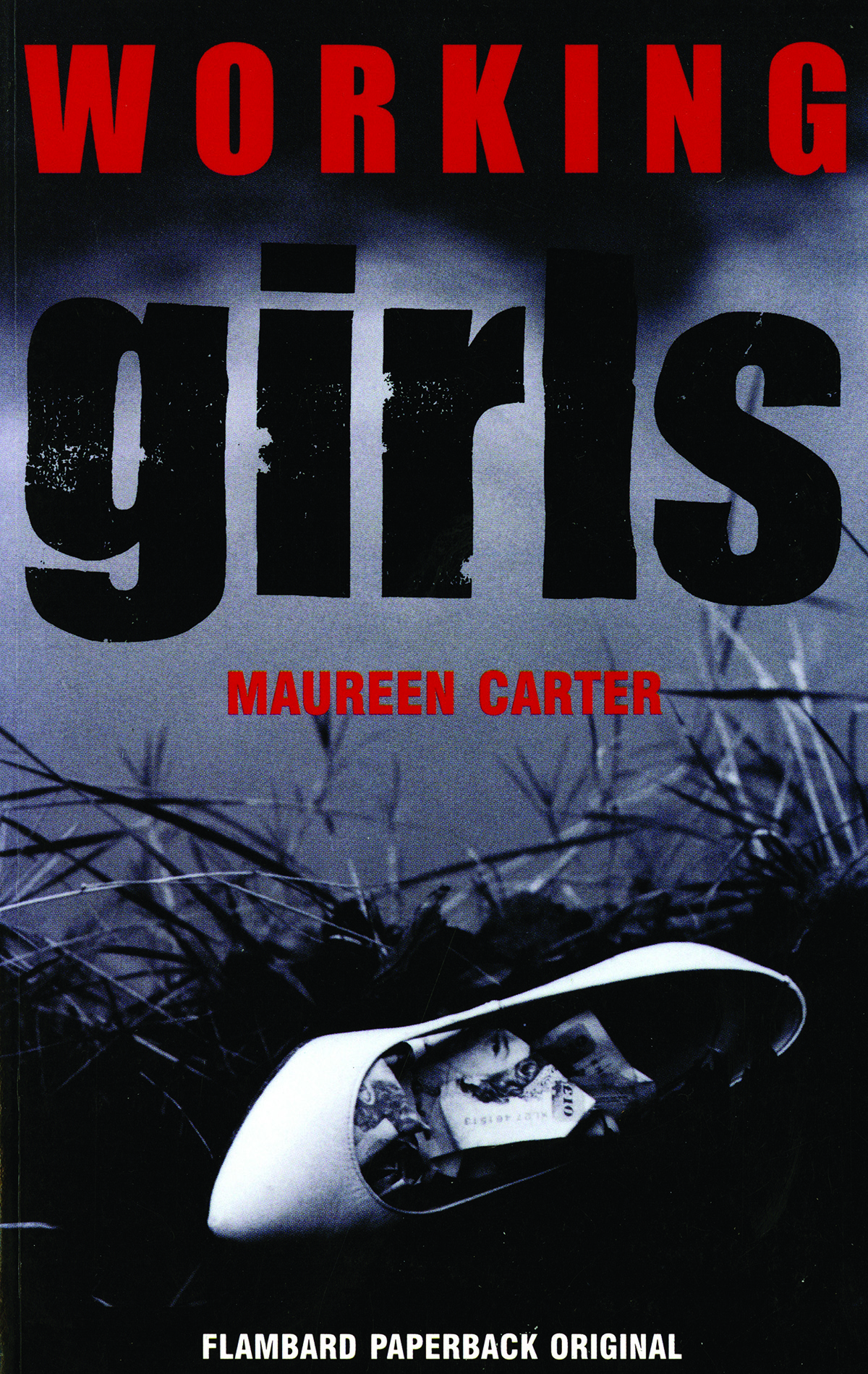
Publishing the poems of Arnold Wesker
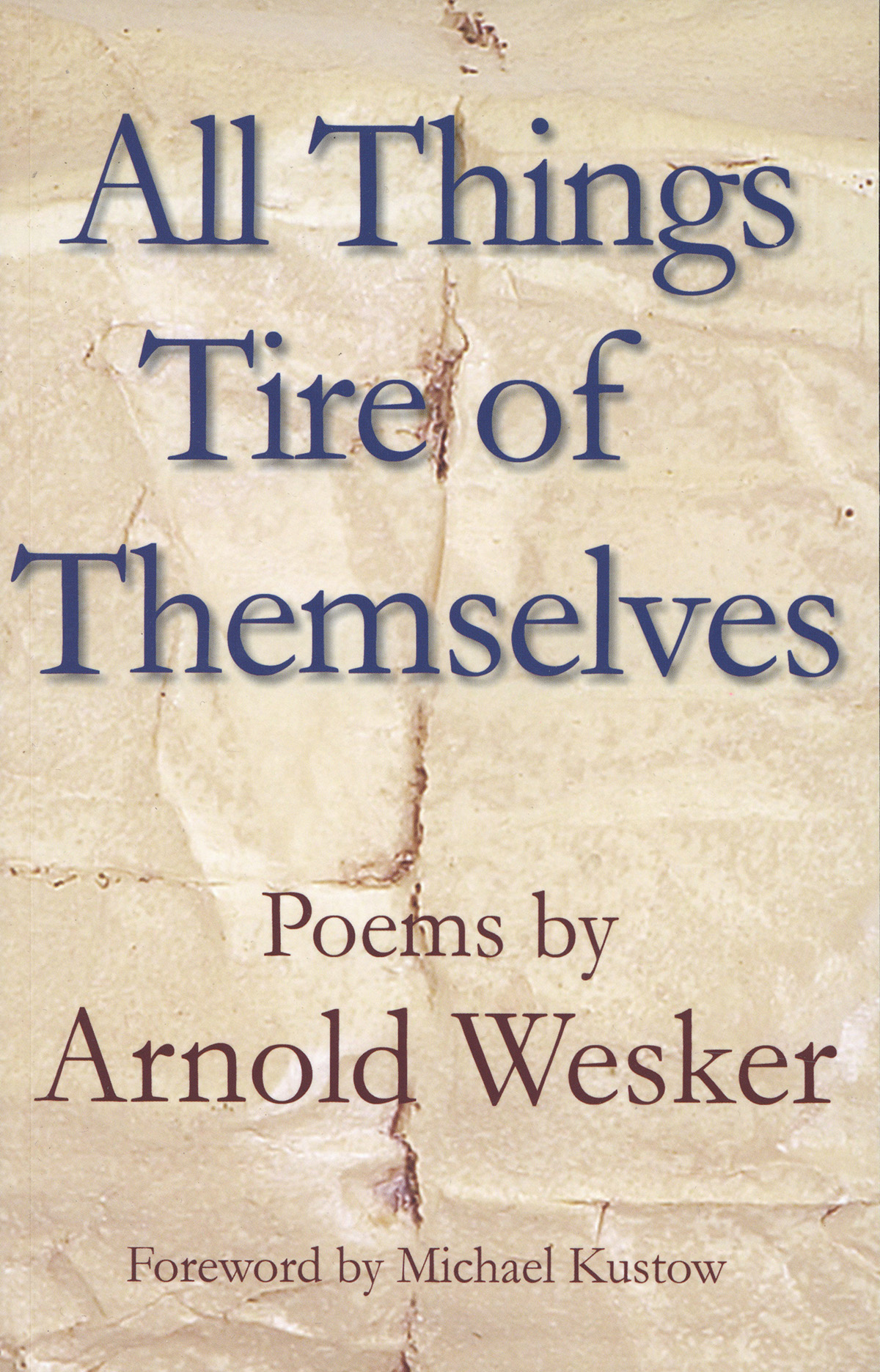
John Murray being longlisted for the Booker Prize for his novel Jazz etc
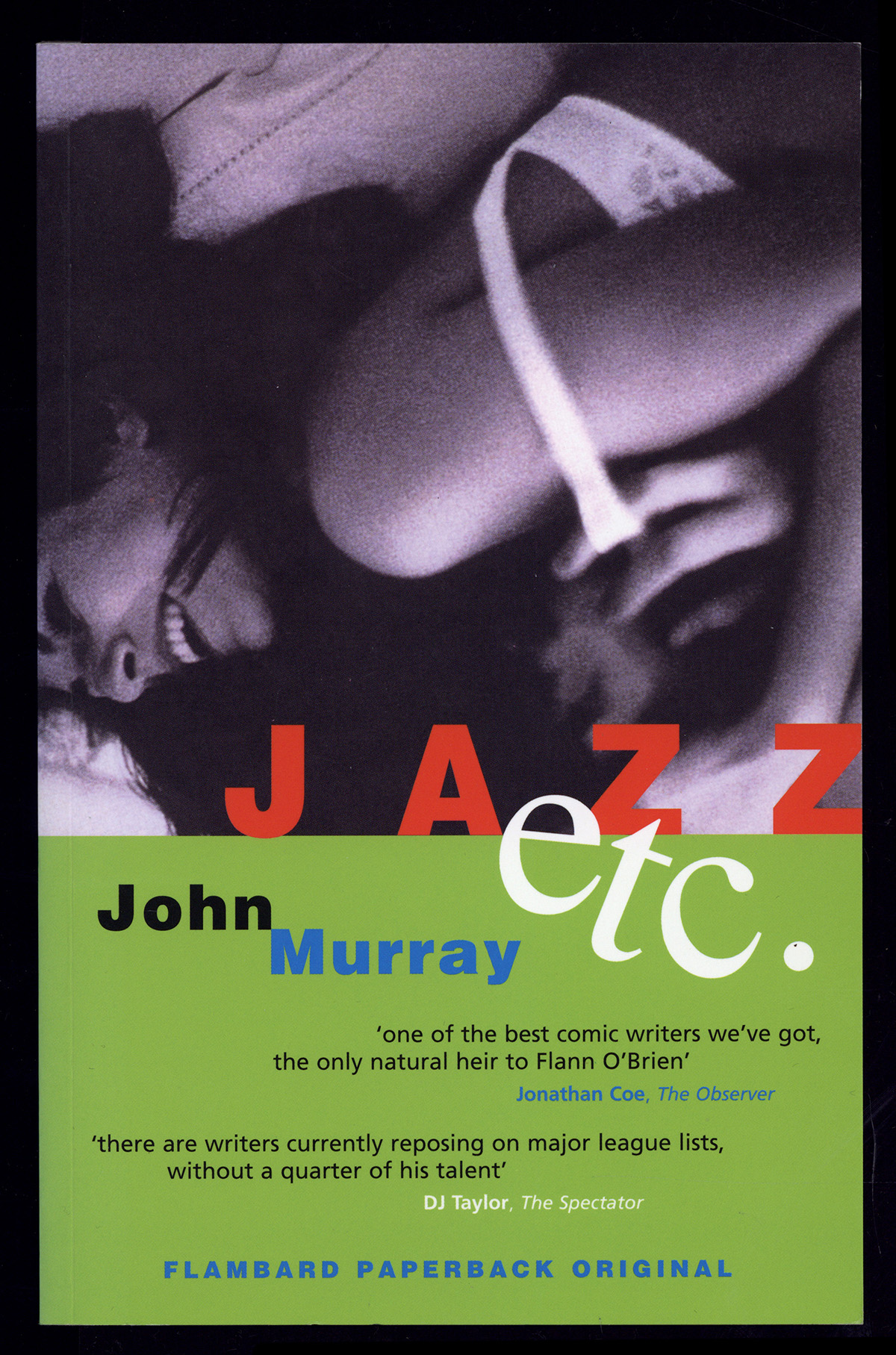
Publishing the short stories of Val McDermid
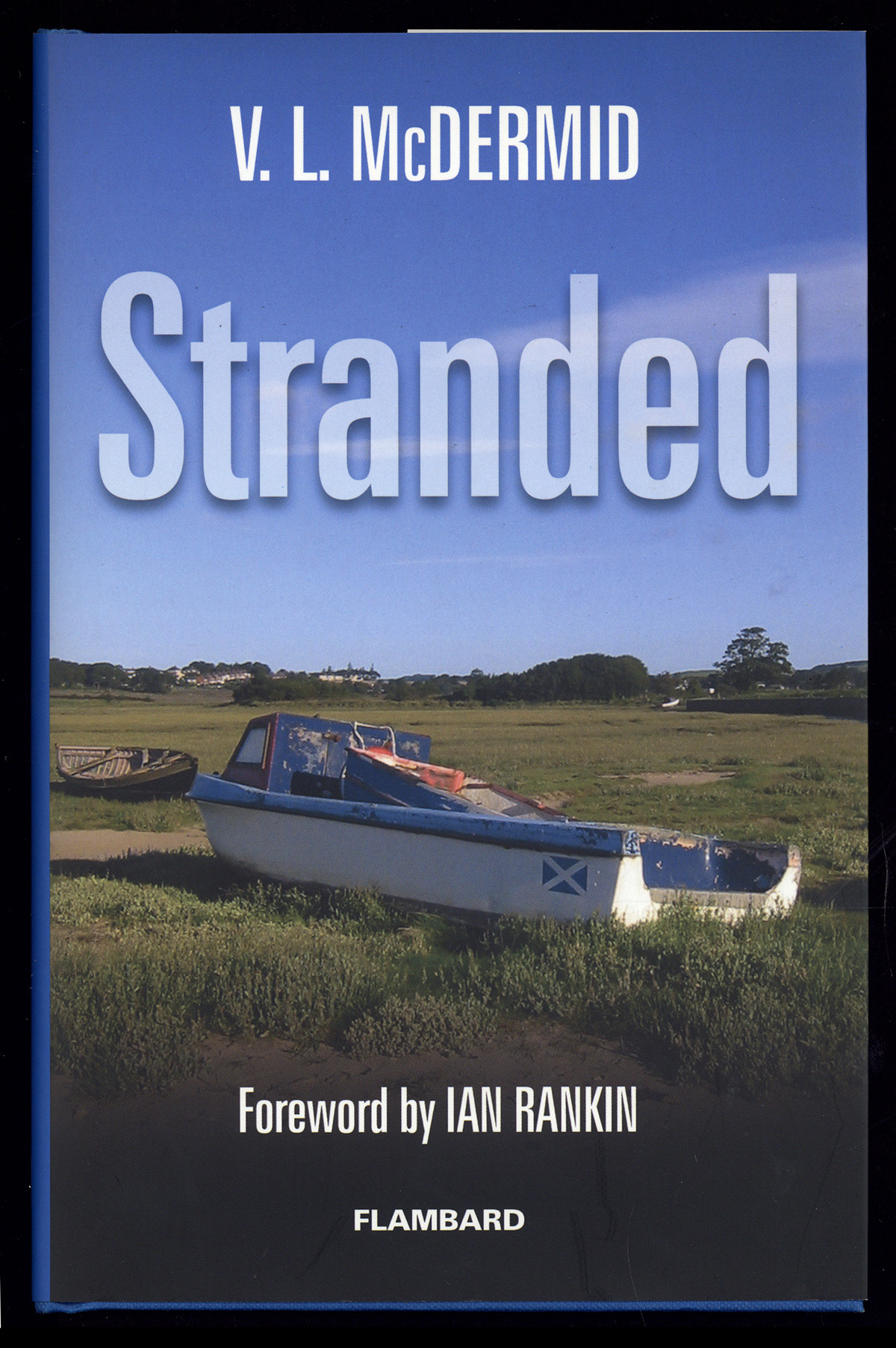
Publishing the selected poems of John Fowles
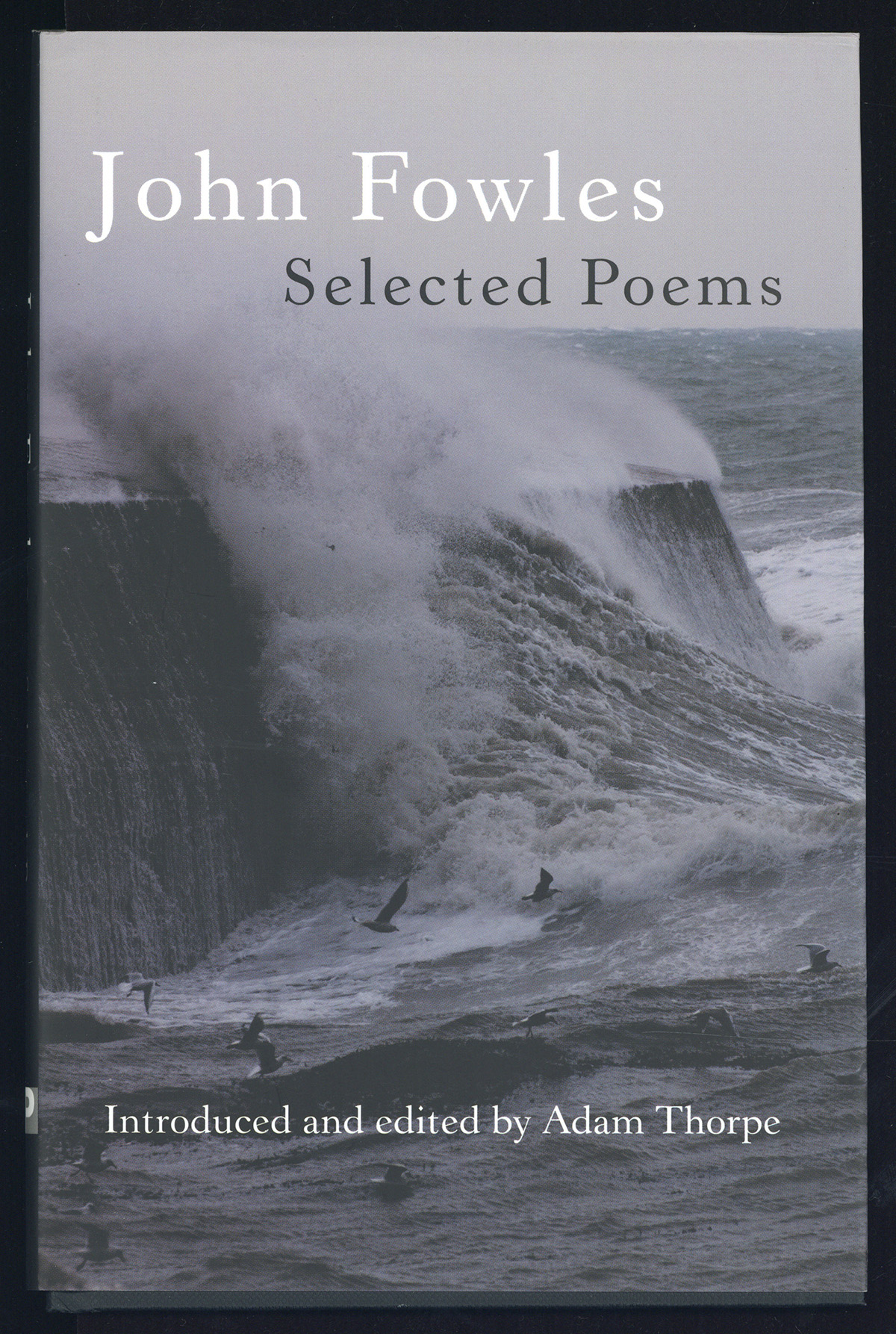
Flambards relationship with other local poetry publishers Bloodaxe books and Iro
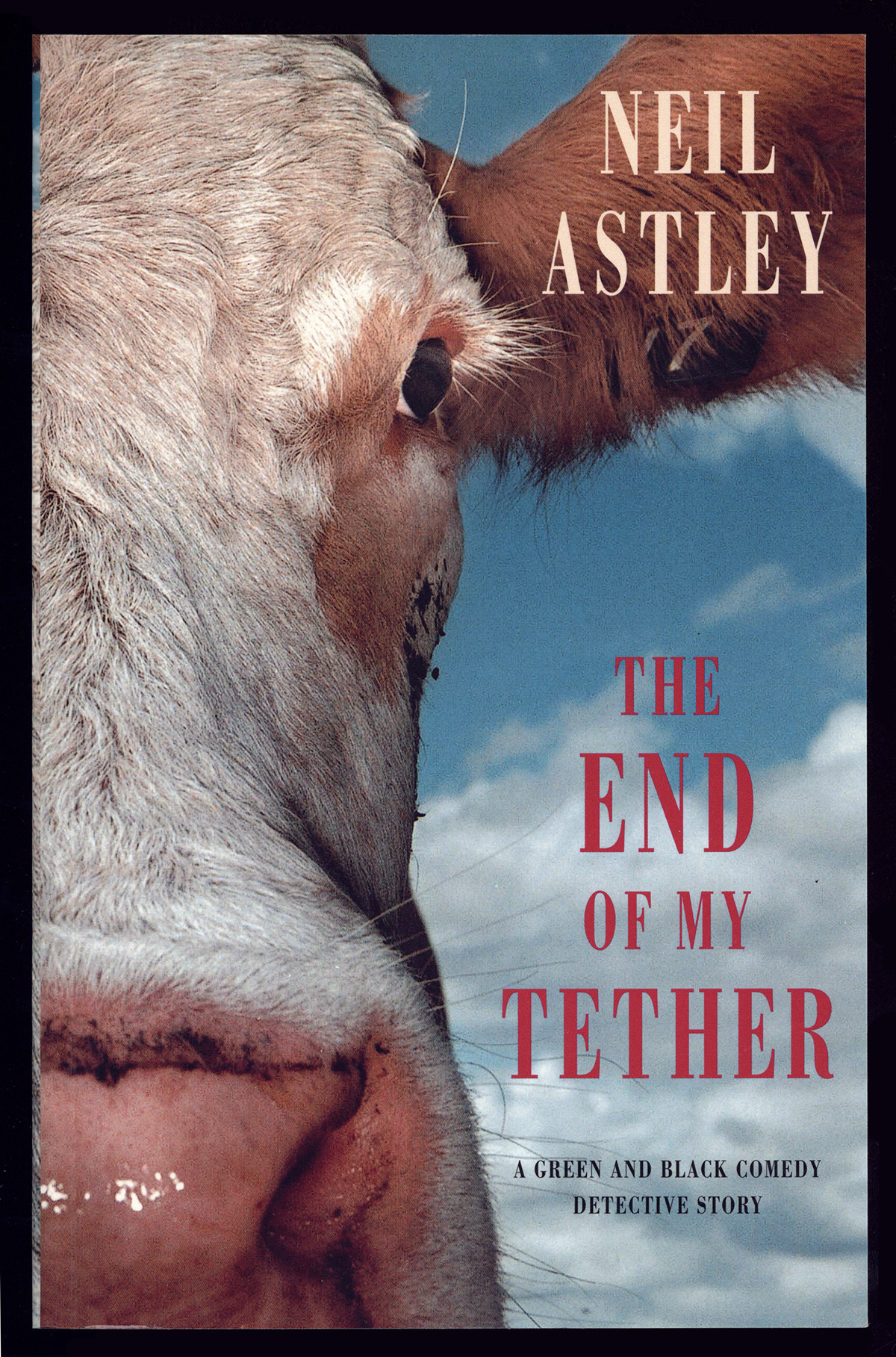
Listen to the full interview (part 1)
Read the text summary
00:16: Interview begins with Margaret Lewis speaking about the publication of their poetry broadsheet Makaris at Durham University, following a move from Leeds to the North East.
01:20: She explains about the great culture of poetry in the North East at that time, focusing on Tom and Connie Pickard and their founding of the Morden Tower Reading Rooms and the international circuit of poets who would read there.
04:57: Peter Lewis describes how Newcastle had a very dynamic poetry scene for six or seven years. He discusses how poetry became more elite and less political, citing the Vietname War's impact on poetry and the move toward satire in the USA.
05:53: They discuss the Northern Arts initiative to have a major poetry publication in the North East by inviting John Silken and Ken Smith to bring Stan magazine to Newcastle. This is followed by both Margaret and Peter talking about their key roles within Northern Arts and Stan magazine.
07:55: Peter subsequently explains about Ted Hughes' 1970 reading at Dunelm house at Durham University, calling this event a high point for Markaris.
09:38: Margaret discusses her job at Newcastle University and how their addition of Mac computers and its desktop publishing features allowed them to publish a small pamphlet of Peter's father's poems from World War Two.
10:44: Both Margaret and Peter explain the decline in interest in poetry publishing in the 1990's and how this led them to start their own publishing house. They talk at length about their approach to publishing poetry and the struggles associated with it.
12:30: Margaret recalls their first author to be published - a 92 year old women from Ambleside.
13:36: This section of the interview ends with Margaret and Peter highlighting their support for Northern writers at the beginning of the publishing house. They subsequently moved outwards into publishing short stories.
Listen to the full interview (part 2)
Read the text summary
00:36: The second part of the interview begins with Margaret explaining the process that led to them being a regularly funded organisation by the Arts Council. This allowed them to grow their business from a "kitchen table enterprise".
01:37: This growth meant that they could take on more authors. This led to some unusual successes such as John Murry’s novel Jazz etc., which was longlisted for the Man Booker Prize, and drew international attention to Flambard press.
03:40: Another success for Flambard Press was Val McDermott’s collection of short stories Stranded. Margaret talks about the close friendship the couple shared with the author prior to publishing her collection, which leads Peter into a discussion about Harper Collins’ initial decision not to publish Stranded and how publishing trends moved towards short stories after its release.
06:04: Margaret then talks about the achievement of some of their local poets such as Peter Bennett winner of the T S Elliott prize and the way in which their feats left both Margaret and Peter very satisfied with their work.
07:07: Peter explains the last book to be published by Flambard Press was Selected Poems by John Fowls and how, like Val McDermott, Fowls’ works that weren’t novels went largely unpublished.
08:00: Margaret recalls their time spent working with Arnold Westcar. She describes one of his readings at the Gala Theatre in Durham, the kindness he showed towards the audience and his keenness to read in the North East.
10:30: She discusses the closing of Flambard Press due to the Arts Council dropping their regular grant. This led to their decision to end on a high, rather than letting Flambard trickle down to where they began.
11:37: Margaret and Peter end by expressing how much they valued their venture and the way they’ve maintained a relationship with some of their authors.
Listen to the full interview (part 3)
Read the text summary
00:00: Margaret begins talking about their close relationship with Iron Press and Bloodaxe publishing houses. Flambard published books for both Neil Astley and Peter Mortime, which created a positive publishing atmosphere in the region.
01:06: Peter explains how they were approached by Michael Chaplin to republish two of Sid Chaplin’s novels, which had gone out of print. Margret closes by expressing the need for them to be brought back into public ownership.
